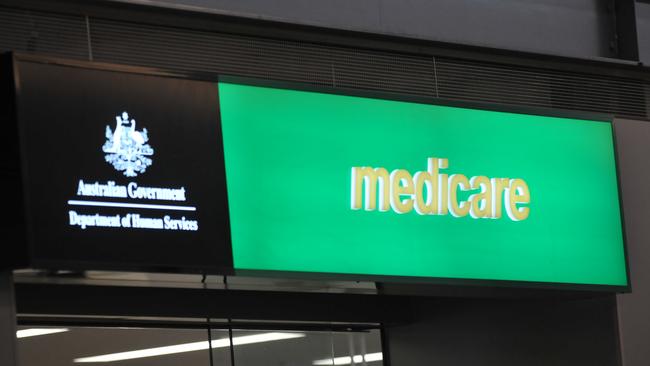Should high earners be paying the Medicare levy?
If you are getting private health cover, make sure you don’t get stung with extras you never needed to escape the levy.

Australia’s tax system encourages high-income earners to take out private health insurance. It does this by charging a tax supplement (on top of the normal 2 per cent Medicare levy) on high-income earners who don’t have private health cover. This is called the Medicare Levy Surcharge.
If your income exceeds the relevant income threshold and you do not have an appropriate level of private patient hospital cover for the full year, you will be liable to pay the surcharge. The income threshold the surcharge kicks in at changes depending on whether you are single or have dependants.
For families, the income thresholds increase by $1500 for each dependent child after the first.
For Medicare levy surcharge (MLS) purposes, you are a member of a family if, during any period of the year, you: had a spouse or a child who was an Australian resident (regardless of their income), and contributed to their maintenance.

The definition of spouse includes same sex and de facto couples. In essence, it includes anyone you lived with on a genuine domestic basis in a relationship as a couple.
A child is defined to include: your child, whether born in marriage or not, your adopted child, a newborn or newly adopted child, a child of your spouse (your stepchild), or someone who is your child within the meaning of the Family Law Act 1975.
The age limit where somebody ceases to be regarded as a child is 21 (or 24 if they are studying full-time at school, college or university).
There is a special definition of income for working out the MLS. As well as your taxable income (such as income from your job, business or investments), other items are included such as reportable fringe benefits, reportable super contributions and net investment losses (for example, losses relating to an investment property or shares will need to be added back to arrive at your income for MLS purposes).
To avoid the surcharge, you must have the appropriate level of private patient hospital cover. For singles, an appropriate level of cover must have an excess of $750 or less. Couples or families must have an excess of $1500 or less.
Cover for extras such as optical, dental, physiotherapy or chiropractic treatment is not private patient hospital cover. Buying cover for those items only will not exempt you from the surcharge.
The government website (privatehealth.gov.au) provides a list of health funds registered under the Private Health Insurance Act 2007, membership of any of which will constitute a sufficient level of private health cover. Note foreign insurance policies and travel insurance are not included.
TAX TIPS
Tax tip 1: Beware health funds which try to sell you health cover plus extras to avoid the surcharge.
The extras might be worth having from a health perspective, but they won’t impact on the surcharge.
Tax tip 2: Don’t be fooled by marketing material advising you take out health cover before June 30 to avoid the surcharge.
The way the rules work, if your income exceeds the threshold and you don’t have appropriate private cover for the whole year, you’ll pay the Medicare levy surcharge up to the date you took out the policy.
So, if you get near the end of the financial year and you don’t have health cover, it’s already too late to totally avoid the surcharge this year. You will get a tax saving but only for the days between taking out the cover and the end of the financial year (which could be minimal if you leave it until the end of the year).
You will, of course, get a full tax benefit in the next financial year. If you don’t have cover yet, take it out as soon as possible in the tax year.
Tax tip 3: If you intend to travel overseas for a period and you cancel your private patient hospital cover for the duration of your trip, you may still be liable to pay the Medicare levy surcharge in relation to your time overseas.
Therefore, it can be worth contacting your health fund to work out the amount of premium you expect to save by cancelling or suspending your private patient hospital cover. You can then compare it to the MLS you may have to pay.
So, how do you avoid the surcharge? You simply need to make sure you have a sufficient level of private health cover once your income exceeds the thresholds.
But, more broadly, with the ever-increasing cost of health insurance premiums, do some calculations to work out whether you would actually be better off paying the surcharge rather than the premiums on a health policy which might not be suitable for your needs.
Mark Chapman is director of tax communications at H&R Block Australia.





To join the conversation, please log in. Don't have an account? Register
Join the conversation, you are commenting as Logout